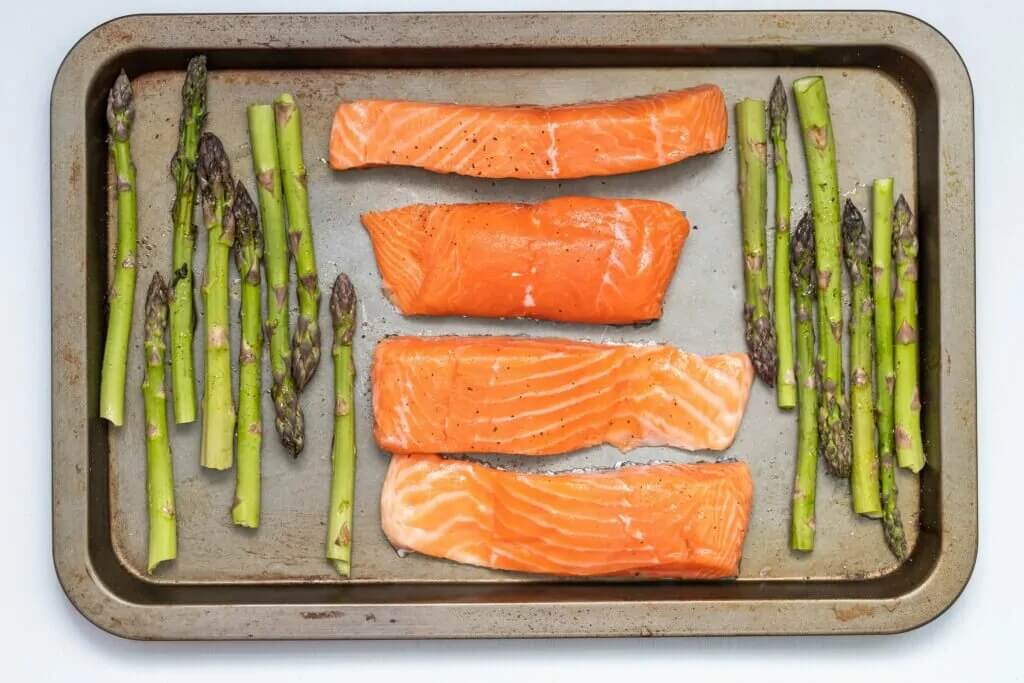We are here to chat about what foods to consume during injury rehab recovery. The science behind metabolism is extremely involved, so you won’t find that in this blog today. Here, we will highlight how the foods we consume impact our lives and, therefore, how quickly (or slowly) we recover from an injury.
If you were recently in a car accident or hurt on the job, this list will be helpful to you.
If you are experiencing an injury of any kind, including headaches and neck pain, the foods you choose to eat daily could be impacting your recovery process.
We encourage you to chat with your primary care physician about any food-related issues you are experiencing. This list is not exhaustive, there are many more foods that can have a great impact on your overall health. Below, you will find the foods we recommend you add mindfully to your meals each week, following food and drug regulations.
We help patients find a proper recovery plan (a treatment plan including chiropractic care, physical therapy, and massage therapy), and have found these top 5 foods are the best foods for injury recovery. Plus, your whole body–not just your injury–will benefit from it!
Here is the list of the top 5 foods we recommend eating during injury recovery:
Omega-3 Fatty Acids for inflammation after injury
We often hear Omega 3 FA referred to as “fish oil.” You may see these two fatty acids as EPA or DHA on supplement packaging or food containers. Though Omega-3 Fatty Acids are in most fish oil supplements, you can also find rich sources of these fatty acids in nuts, seeds, and plant oils.
Omega 3 fatty acids are great supplements for injury recovery. They contain important structural parts of our cells that help reduce inflammation in our bodies. During a time of injury, our bodies are dealing with excessive inflammation regularly. Adding this supplement, or foods rich with Omega 3s (EPA/DHA), a few times a week will help your body combat inflammation.
Zinc to help repair after an injury
Zinc is a nutrient that is effective in tissue repair and muscle loss. All proliferating cells (fancy for splitting or dividing) require zinc. This means that when you’re injured, zinc ensures that your cells have all the necessary nutrients to repair and rebuild.
But what foods have zinc? Fortunately, many. Zinc is in nuts and seeds, shellfish, whole grains, eggs, and even red meat.
Vitamin C/D/Calcium for bone support
We grouped all these vitamins and minerals (vitamin C, vitamin D, and Calcium) because they are all important and naturally occur in some of the same foods.
Research notes, “Calcium plays a significant role in helping to heal broken bones. However, it’s also crucial for helping the brain to signal nerves and contract muscles properly1”.
This provides insight as to why some foods are even fortified with calcium. Naturally, it is also found in dairy products.
Now onto the ever-popular Vitamin C and D. These vitamins have anti-inflammatory properties and assist your body in building and maintaining bone, muscle mass, and tendons.
Additionally, Vitamin D plays an important role in your immune system and brain function.
Some studies also show that vitamin D can help reduce anxiety and stress while boosting your immune system. Injuries can be stressful and if this is a concern for you, please tell your provider at Denver Integrated Spine Center. Also, be mindful that this vitamin could be helpful to you.
Protein (high quality) for overall health and muscle support
Protein is the cornerstone of muscle building and use. Many people experience pain and discomfort at the time of their injury. These injuries also tend to reduce movement and muscle use. In these instances, protein intake is needed to maintain muscle and reduce atrophy (wasting or diminishing).
Additionally, the injury itself impacts muscle connective tissue. If this is the case for you, maintaining a consistent intake of high-quality protein is essential for your muscles to rebuild during the healing process!
Leucine to go the extra mile
At Denver Integrated Spine Center, we commit to serving whole-patient health, not simply injuries. We highly recommend one more nutrient for you to consider during your injury recovery.
Leucine is one of the Branch chain amino acids (BCAAs) that your body burns for energy during protein metabolism. Often, leucine is recommended for athletes before exercise to assist in muscle use and recovery.
In injury recovery, Leucine can reduce muscle degeneration (or atrophy, as specified above).
Adding BCAAs (leucine included) a couple of times a week can help maintain your muscle tissue while you are recovering!
Conclusion- Top 5 Foods to Eat During Your Injury Recovery + Bonus!
At Denver Integrated Spine Center, our experienced chiropractors and physical therapists can respond to your specific needs and provide safe, holistic, and long-lasting care. At our Hampden and Dartmouth chiropractic office, we can offer dietary guidelines and lifestyle suggestions to help you stay in top health even after your recovery is complete.
Contact us today to learn more about our chiropractic services and how we can restore you to full health.
If this was helpful or supportive please share this blog with someone you know. Even better, take a screenshot and tag us on Instagram!
For more injury recovery information and health tips and tricks, consider signing up for our newsletter by clicking on the “Hello Health!” popup on your screen! Upon subscribing, you will receive our very own e-book packed full of how-tos on healthy living.
PS. If you want to see some of these vitamins and nutrients in action, we have tested and perfected this recipe, which we have borrowed from Creme de la Crumb.
Although it already has a name, we call it The Easy-Fix-Injury Meal.
Check out Dr. Michael’s rendition below. [Be sure to note that he forgot the foil, hah!]
Footnotes:
- https://www.nationwidechildrens.org/family-resources-education/700childrens/2018/03/anti-inflammatory-foods-injury-healing-through-nutrition
- https://misuse.ncbi.nlm.nih.gov/error/abuse.shtml
Denver Integrated Spine Center has the best chiropractors in Denver and Lakewood. The city’s premier multidisciplinary injury recovery and rehabilitation center. If you’re experiencing chronic back pain, shoulder pain, limited mobility, headaches or neck pain, weakness in your hands, or any other common injuries affecting your musculoskeletal structure, our experienced team of local chiropractors, massage therapists, and medical professionals can help.



